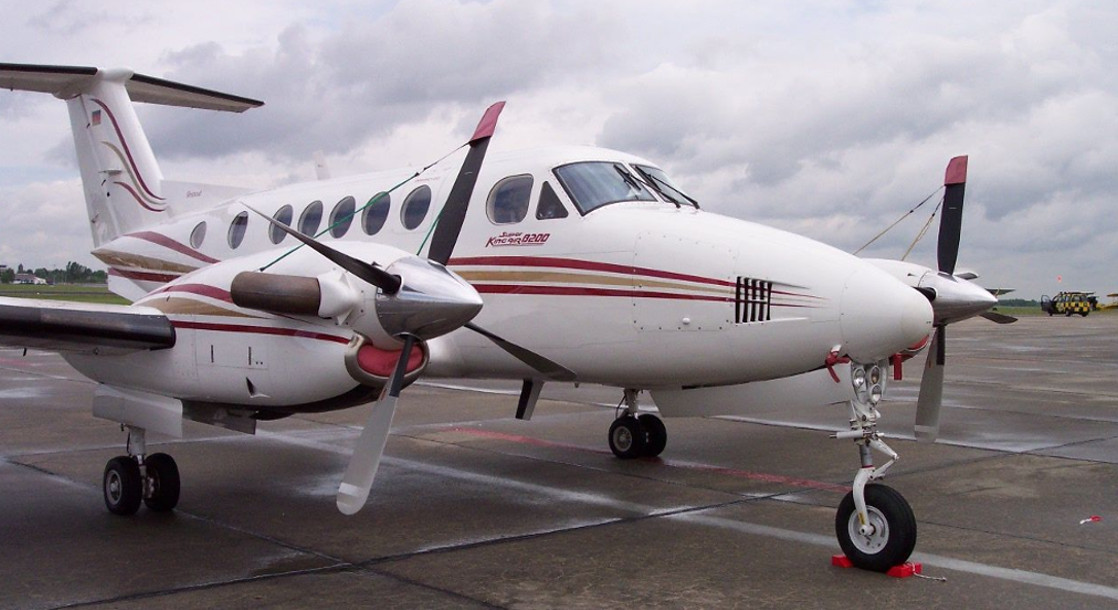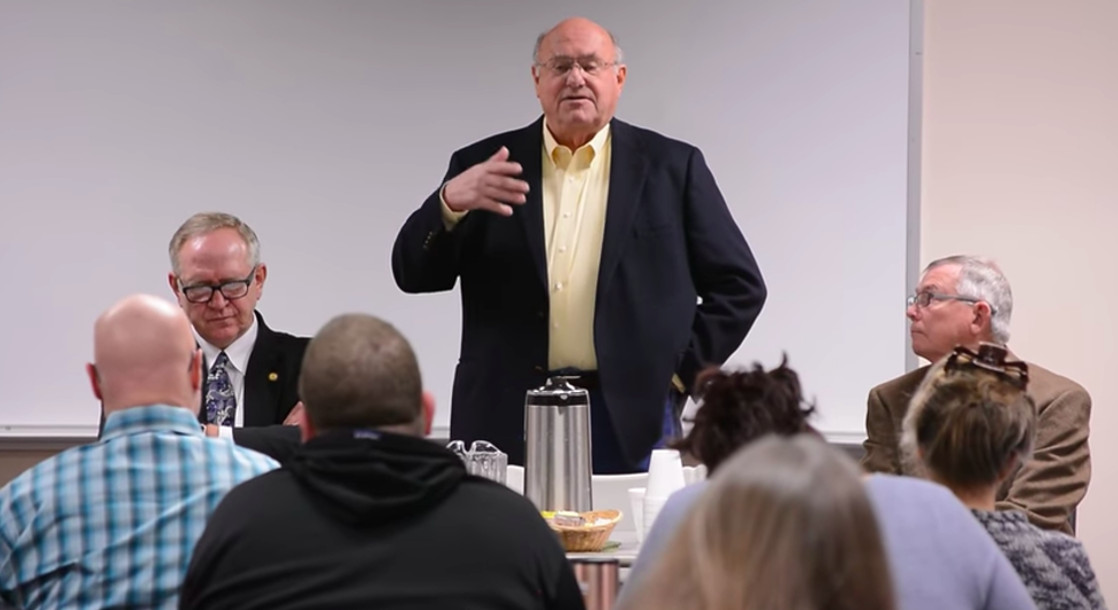Cannabis is currently legal throughout all of Massachusetts, but federal law prohibits the transportation of the drug between the mainland and islands like Martha's Vineyard and Nantucket. However state officials may have finally found a solution to the problem in a largely unknown regulation from the Federal Aviation Administration (FAA) which allows pilots to carry federally prohibited substances on airplanes as long as they are officially permitted in the state, reports the Boston Globe.
Earlier this year, the U.S. Coast Guard sent a reminder to canna-legal states that federal law applies to all navigable waterways, giving them the right to enforce federal drug laws on any vessel on these waters. For residents of Massachusetts, this means that a waterborne shipment of cannabis products from the Bay State’s mainland to one of its islands could be seized by authorities, even though the herb is legal on both land masses.
Flying cannabis to island communities is just as risky a proposition, as federal law prohibits pilots from knowingly flying planes that have federally illegal substances on board. These transportation restrictions create a serious roadblock for island canna-businesses and customers, because they effectivey can’t import raw cannabis or cannabis products. Futhermore, island-based bud businesses can’t ship their products to the mainland for testing or processing, so all production must happen island-side, which greatly increases costs.
Yet earlier this month, cannabis activist Tom Angell discovered an obscure regulation that could help Massachusetts and other canna-legal states legally transport cannabis by plane. Back in 1972, the Federal Aviation Administration (FAA) created a regulation stating that the law banning pilots from flying with illegal drugs on board “does not apply to any carriage of narcotic drugs, marihuana, and depressant or stimulant drugs or substances authorized by or under any Federal or State statute or by any Federal or State agency.”
Canna-business owners and activists alike are hopeful that this regulation can be used to allow cannabis to be transported by chartered planes within state lines. “It allows you to sell on the island but cultivate on the mainland, where you don’t have to burn water and electricity at inflated island rates,” cannabis attorney Valerio Romano told the Boston Globe. Dan Wolf, chief executive of the islands' main airline, Cape Air, said that they would carry cannabis if it were “safe, legal and compliant.”
However Christopher Poreda, a former attorney for the FAA, told the Globe that he didn't believe “the enthusiasm for this is founded. My sense of the [FAA] is that they’ll do everything in their power to prevent this regulation from being used as a sword to promote the use of marijuana.” Poreda added that the 1972 regulation would require the state to specifically legalize cannabis transportation via airline, not just legalize recreational use in general. In other words, Massachusetts would need to pass a state law allowing cannabis on flights before they could take advantage of this regulation.
Other canna-businesses are considering using the state's ferries to transport the plant, despite the Coast Guard's warnings. Geoff Rose, an entrepreneur hoping to start a cultivation and dispensary business on Martha's Vineyard, said that he has regularly seen medical cannabis patients transporting small quantities of cannabis on the ferries without incident. In Washington State, licensed canna-businesses also use the state's ferries to transport their products. This has given some operators hope that the federal government will allow small waterborne shipments of weed within states which have legalized it.











